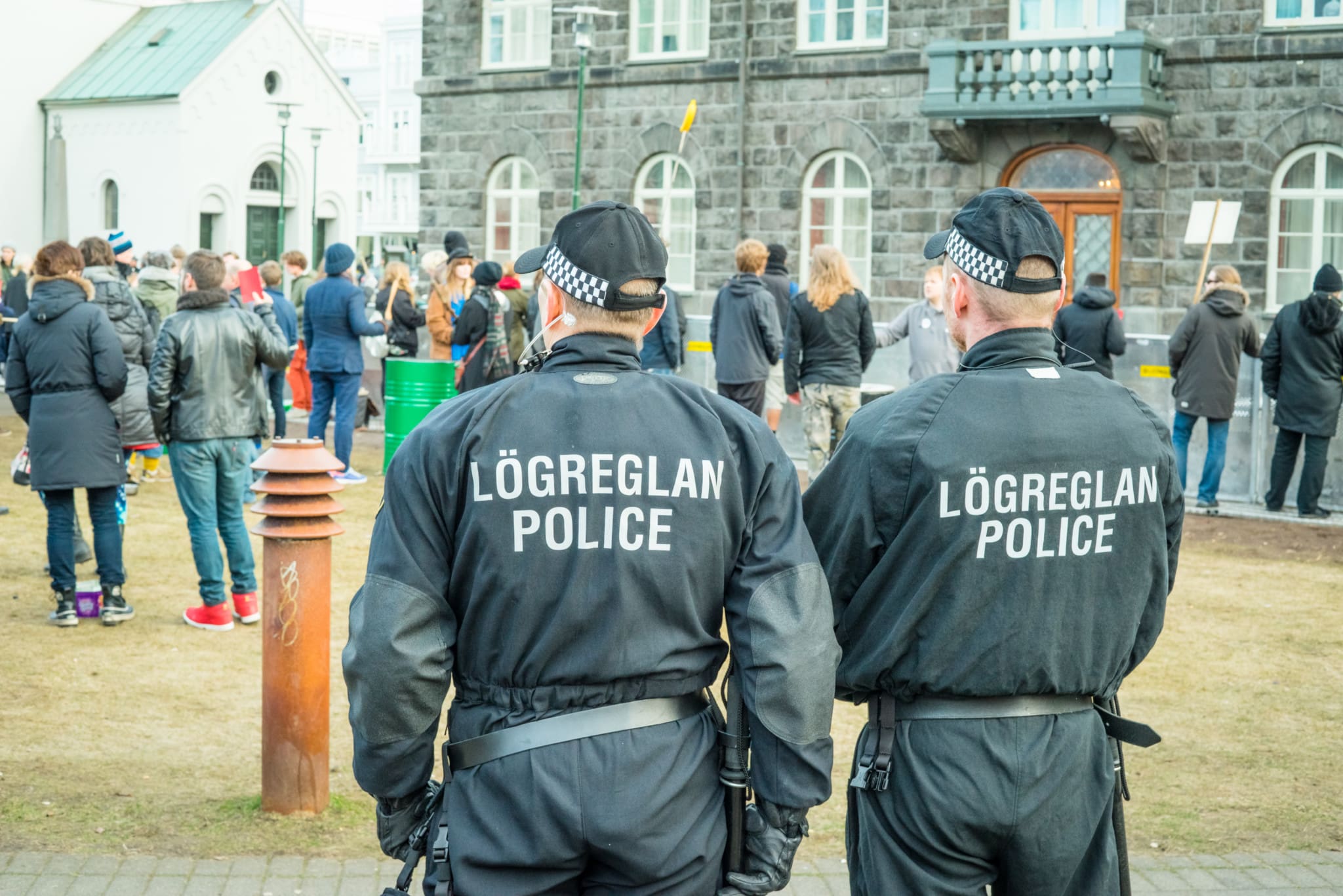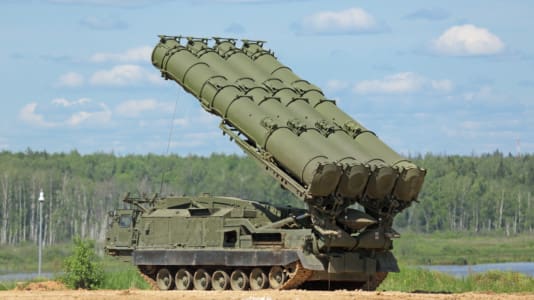Will Iceland lose its status as the most peaceful country in the world? Several shootings and stabbings have disturbed the usual tranquility of the island nation in recent months, with some incidents linked to criminal gangs with ties to “international networks.”
Iceland has topped the Global Peace Index since its inclusion in 2008, and the country’s 375,000 inhabitants have thus far avoided the rising crime problems seen in Scandinavian countries like Sweden and Denmark. Most crime in Iceland is in fact fictional, with the nation known for publishing crime thriller books both popular in the country and abroad.
“A firearm for Icelanders symbolizes sport or hunting. It is very alien to them to use a weapon to protect themselves or point at someone,” says sociologist Helgi Gunnlaugsson.
[pp id=20921]
Only four gun homicides have taken place on the island since 2000. But in just over a year, four shootings have already occurred, including one fatal, according to French newspaper Courier International.
“Criminal groups in Iceland become increasingly organized. They have more ties to international networks than we have seen before, which can represent a challenge for our police force,” analyzes criminologist Margrét Valdimarsdóttir.
In February, two private disputes over the drug deal between convicted men led to shootings in the city center of Reykjavík.
Iceland still features a low crime rate, and the 40 migrant clans that operate in Sweden are a threat of a far greater magnitude than anything Iceland faces. Yet, there are signs that the nation is also feeling the pressure, and perhaps a turning point to a more violent future.
“We used to say that it takes five to ten years to see in Iceland what you see elsewhere in Europe,” says Runólfur Thórhallsson, commissioner of the elite Icelandic police unit.






